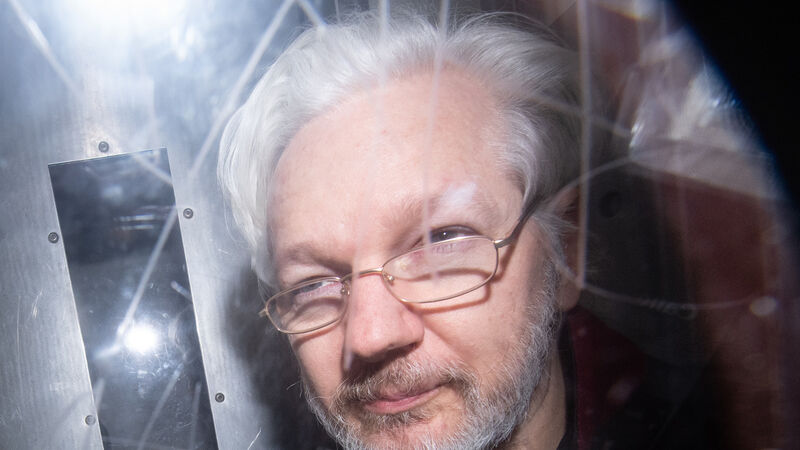Wife of Julian Assange hopeful Australia will intervene in extradition

The wife of Julian Assange believes there has been a noticeable ‘shift’ in the Australian government’s handling of her husband’s case since the country elected a Labor leader last month (Dominic Lipinski/PA)
The wife of Julian Assange believes there has been a noticeable “shift” in the Australian government’s handling of her husband’s case since the country elected a Labor leader last month.
Stella Assange, who shares two children with Mr Assange, said Australia “can and should be speaking to its closest ally to bring this matter to a close”, calling the case an “aberration” that criminalises journalism.











